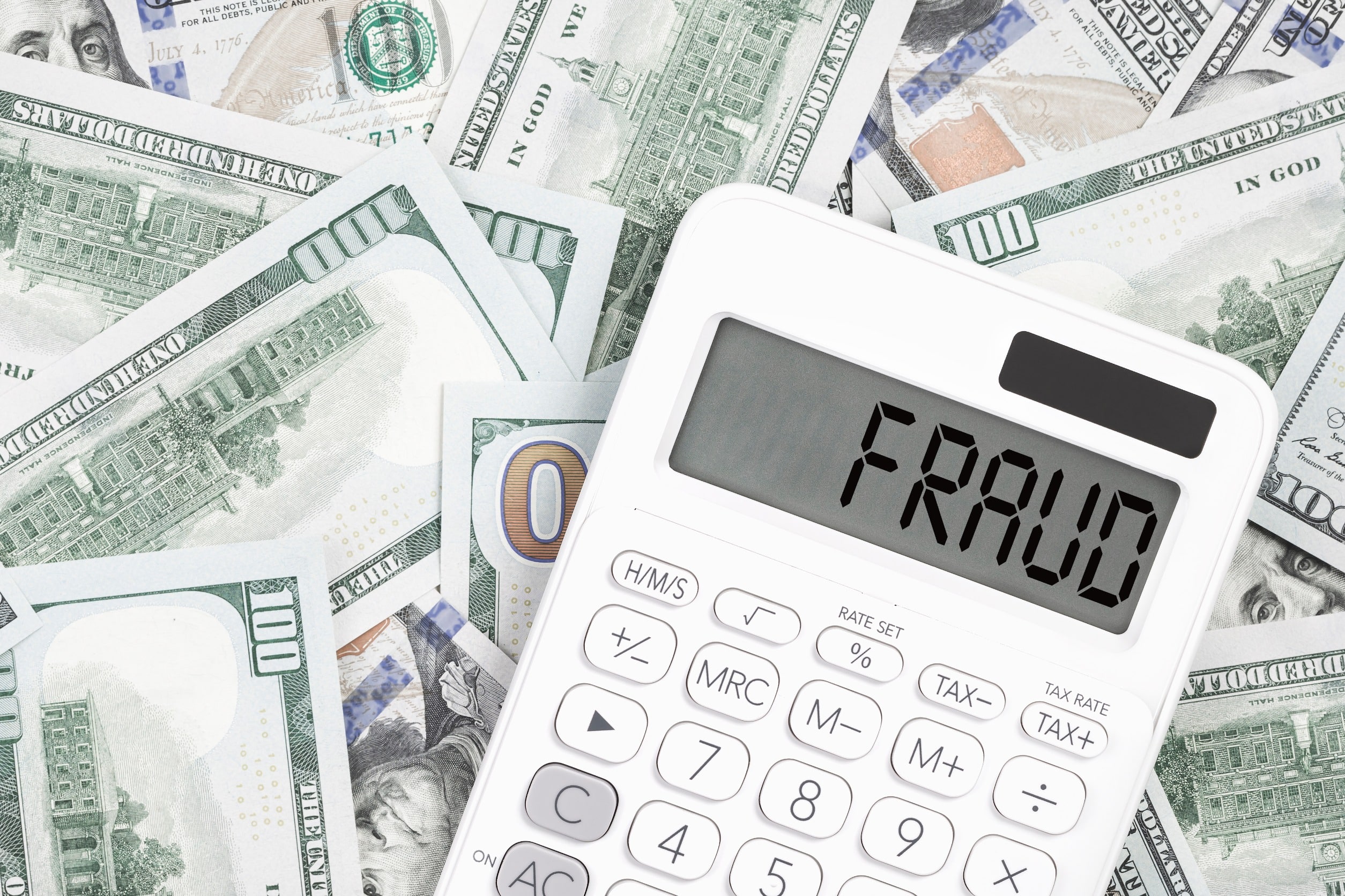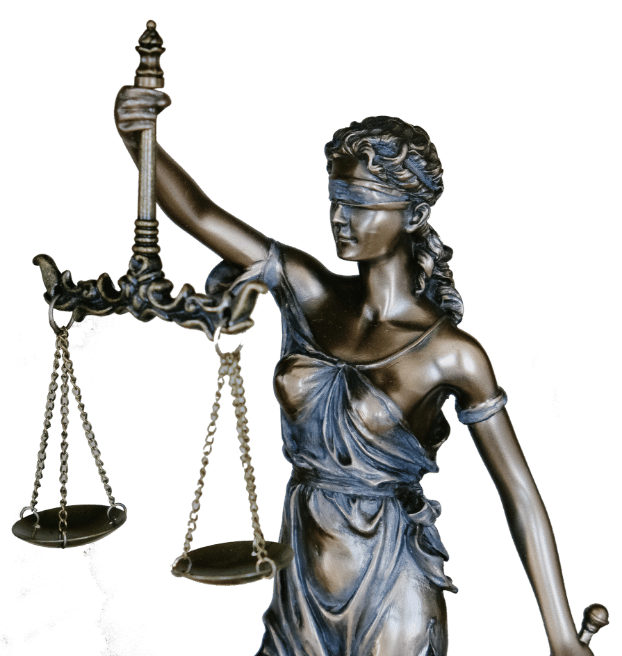Texas Stand Your Ground Law: When Deadly Force is Legally Permitted
Texas law allows the use of force, including deadly force, in some self-defense situations. The state’s Stand Your Ground
Read More
Call 24/7 For A Free Consultation
When the COVID-19 pandemic began to grip the United States, the government looked to assist individuals and small businesses through a government loan program. This program was called the Paycheck Protection Program.
In March 2020, the government began dispersing these loans to those who needed them most. But as an outstanding loan never meant to be repaid, the government knew that fraud could and would occur.
These days, businesses have been able to open their doors once more. However, the government is prosecuting those who they think took advantage of the program and defrauded the government. Here is what you need to know about the Paycheck Protection Program fraud and what you should do if accused of fraud.
There were two rounds of PPP loans provided to people. For the first wave, a person must have met these criteria to qualify:
For the second round of PPP loans, businesses must meet the original criteria concerning dates but now must have 300 or fewer employees (at each location) and have a 25 percent or more significant reduction in their gross revenue.
If approved for a PPP loan, a business must follow strict spending guidelines. An organization must spend funds on payroll expenses such as paid leave, employee benefits, or salaries. They could also use it for utilities related to the business and bonuses in the form of commissions or hazard pay.
A person who applies for a loan under fraudulent pretenses is liable for committing PPP loan fraud. Loan fraud can occur if a business or individual neglects to abide by the established guidelines of the Paycheck Protection Program. The PPP program has strict criteria guidelines for determining how an organization should allocate funds. Attempting to certify PPP loan forgiveness or submitting false information when applying for a PPP loan is considered PPP loan fraud. The FBI and other law enforcement agencies will pursue an investigation if these guidelines are ignored or if an individual falsely applies for loan forgiveness.
Some examples of actions by individuals or businesses that have led to PPP loan fraud accusations include:

PPP loan fraud is a crime that can fall under different federal criminal statutes. Making false statements to a federal agency is one avenue prosecutors can take. Still, they can also prosecute a person for making false statements on a loan application or to the SBA. Penalties can range from five years to 99 behind bars and fines up to $1 million.
If you are involved in a PPP loan fraud investigation, you must contact an experienced attorney to help represent you in the case as soon as possible.

Texas law allows the use of force, including deadly force, in some self-defense situations. The state’s Stand Your Ground law removes the duty to retreat when a person is lawfully present and reasonably believes force is necessary to protect against …
In Texas, simple drug possession is typically a state-level offense, however, there are some factors that can escalate it to federal drug trafficking charges. These cases are prosecuted by the U.S. Department of Justice. Understanding when this transition is possible …
A federal criminal conviction carries consequences far beyond fines and prison time. For licensed professionals in Texas, federal charges pose an immediate threat to your livelihood. Texas licensing boards don’t wait for criminal cases to conclude before taking action. Understanding …